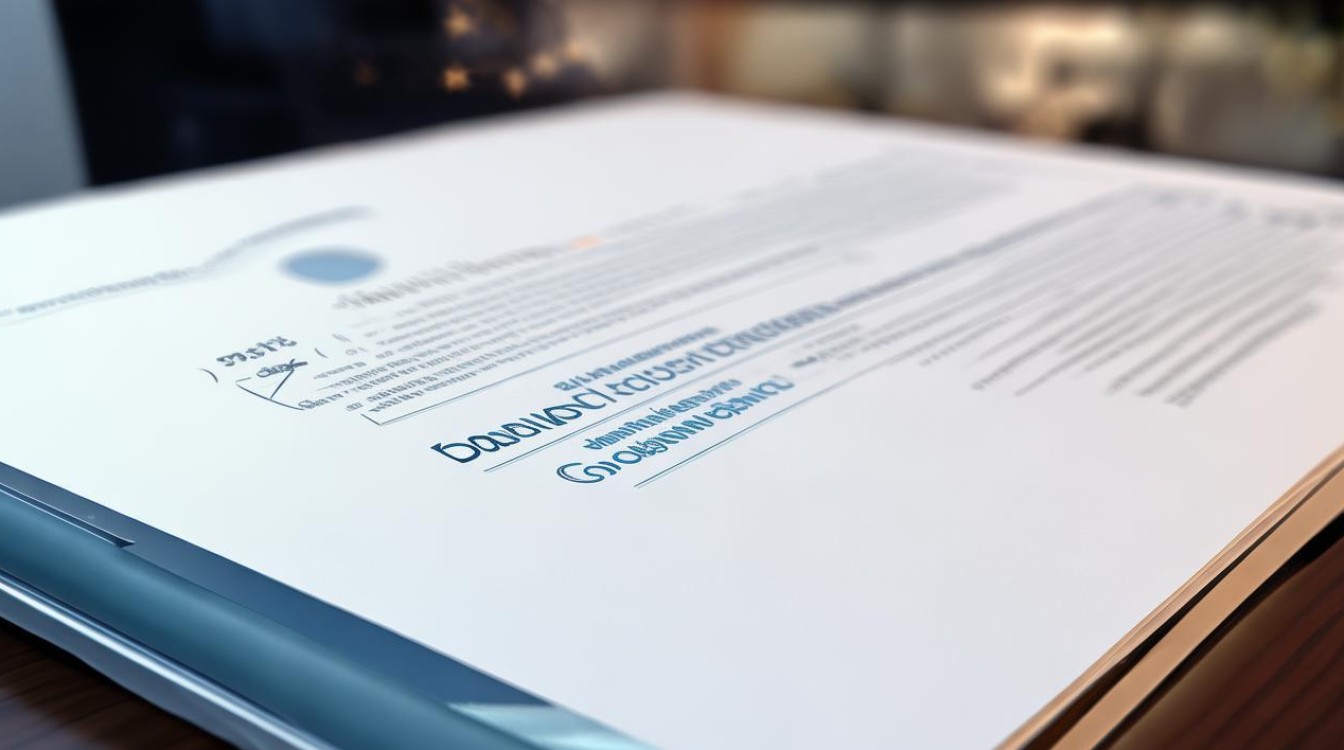In today’s globalized business environment, the ability to articulate ideas clearly in English is a critical skill for professionals. Whether applying for a job, drafting a report, or communicating with international clients, a well-structured English essay can set you apart. This guide explores the key elements of writing an effective business position essay, ensuring professionalism, clarity, and impact.

Understanding the Purpose of a Business English Essay
A business English essay serves multiple purposes, including:
- Demonstrating language proficiency
- Presenting logical arguments
- Showcasing professional knowledge
- Persuading or informing stakeholders
Unlike casual writing, business essays require precision, formal tone, and structured reasoning. The goal is to convey authority and credibility while maintaining readability.
Essential Components of a Strong Business Essay
Clear and Concise Introduction
The introduction should immediately establish the topic and purpose. Avoid vague statements—instead, provide a direct thesis that outlines the essay’s focus.
Example:
"Effective leadership in multinational corporations requires adaptability, cultural awareness, and strategic decision-making. This essay examines the key traits of successful global leaders and their impact on organizational growth."
Well-Structured Body Paragraphs
Each paragraph should focus on a single idea, supported by evidence such as statistics, case studies, or expert opinions. Use transitional phrases to maintain flow.

Key Techniques:
- Topic Sentence: Introduce the main point.
- Supporting Details: Provide data or examples.
- Analysis: Explain relevance to the argument.
Example:
"Cross-cultural communication skills are vital for international business success. A study by Harvard Business Review (2023) found that companies with culturally diverse leadership teams reported 35% higher profitability. This highlights the importance of training employees in intercultural competence."
Persuasive and Professional Tone
Avoid overly emotional language. Instead, use authoritative phrasing to reinforce credibility.
Do:
"Investing in employee development programs yields long-term benefits, including higher retention rates and improved productivity."
Avoid:
"I think companies should maybe invest in training because it might help."

Strong Conclusion
Reinforce the main argument without introducing new information. End with a forward-looking statement to leave a lasting impression.
Example:
"As businesses navigate an increasingly competitive landscape, prioritizing ethical leadership and innovation will be crucial for sustainable success."
Common Mistakes to Avoid
-
Overusing Jargon
While industry terms are sometimes necessary, excessive jargon can alienate readers. -
Lack of Proofreading
Grammatical errors and typos undermine professionalism. Always review your work or use tools like Grammarly. -
Weak Transitions
Abrupt shifts between ideas disrupt readability. Use connectors like furthermore, however, and consequently for smooth transitions.
Practical Tips for Improvement
- Read Business Publications: The Economist, Harvard Business Review, and Forbes offer excellent examples of professional writing.
- Practice Regularly: Write essays on topics like corporate ethics, digital transformation, or market trends.
- Seek Feedback: Have a mentor or colleague review your work for clarity and coherence.
Mastering business English essays takes practice, but the effort pays off in career advancement and professional credibility. By focusing on structure, clarity, and persuasive techniques, you can create compelling content that resonates with employers and peers alike.
As globalization continues to shape industries, the ability to communicate effectively in English remains an invaluable asset. Developing this skill not only enhances individual performance but also contributes to organizational success in an interconnected world.

